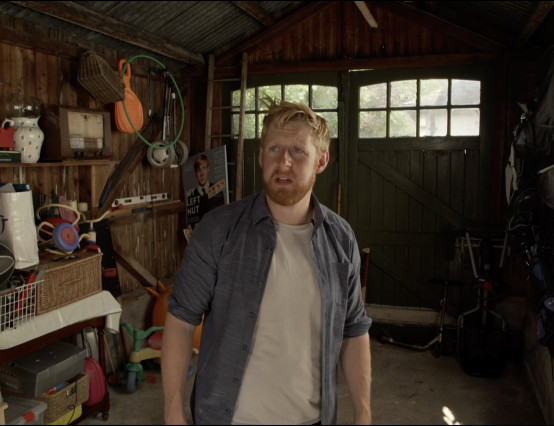Split into three thematic sections and published by The London Magazine, Maggie Butt’s everlove is a collection of poetry that demands readers’ attention.
The three sections – Torn, The Fallen and Fjording – all tackle topics that are carried through the various poems. Torn focuses on speakers whose lives have been upended, and conveys the experiences of trauma and displacement. The Fallen offers readers a bleak view into self-contained worlds within poems, while Fjording focuses on the idea and exploration of the self.
Butt’s work features a variety of different forms and occasionally employs prose, as is the case with ‘Map’ and ‘What Nana Knew’. Her ability to convey narrative and emotion through her work is evident throughout everlove.
‘Post’ is one such poem that adeptly weaves an emotive narrative through the focalisation of a mother’s love. Using couplets, Butt imagines the quantification of a mother’s love for her child in several ways. The poem concludes with the utilisation of a metaphor: a barbed wire fence is held open for a child to be posted through, ‘giftwrapped in knitwear, addressed to | the dreamed-of place, where the streets | of his future are paved with peace’. A powerful image is conjured by the poem, repurposing the mundane act of posting a package into the extraordinary act of potentially securing a better future for a child.
‘The children’ envisages a utopian world free of societal, environmental and political ills, allowing the eponymous children to ‘drift into untroubled sleep | knowing tomorrow will be another uneventful day’. Butt’s deliberateness in cataloguing a host of events that are able to facilitate this idyll is notable. She writes of there being ‘no plastic clogging the oceans’ and ‘no refugees fleeing war or famine’, with such lines keenly highlighting the issues that are currently affecting the globe today.
Though Fjording focuses on the exploration of the self, I found myself largely unable to engage with the concluding section of everlove in comparison with Torn and The Fallen. I did enjoy a selection of verses, such as ‘Inheritances’ and ‘Batting Partnership: 34 Not Out’ with their respective ideas of familial history and emotional and physical distance. This is not to say that Fjording is not well-written – far from it! But the preceding sections in Torn and The Fallen proved to be of more interest to me, as I felt that the ideas raised in both parts, such as that of transience, were more compelling. This was especially the case with poems such as ‘Die’ and ‘After the Bees’.
An engaging and considered array of poetic works that speak to a variety of themes in macro and microcosmic terms, Maggie Butt’s everlove is available to purchase now.
For more information about Maggie Butt and her work, click here.









0 Comments